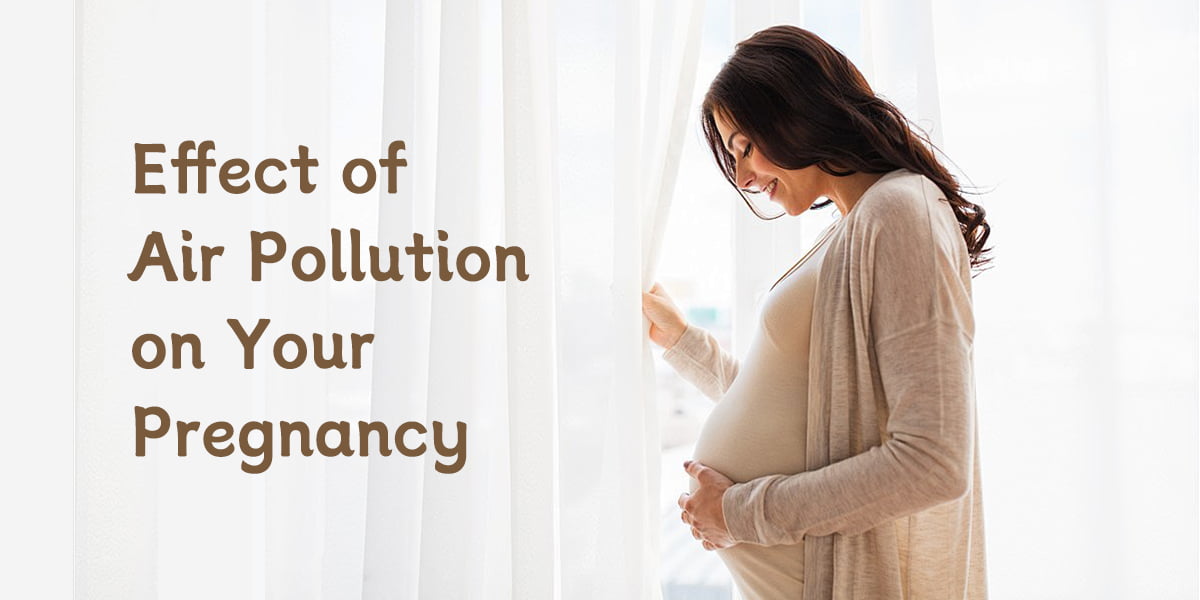Effect of Air Pollution on Your Pregnancy

Air pollution can have negative effects on pregnancy and fetal development. Exposure to air pollution during pregnancy can increase the risk of various complications, including:
Preterm birth: Exposure to air pollution during pregnancy has been linked to an increased risk of preterm birth, which is when a baby is born before 37 weeks of gestation. Preterm birth can lead to a range of health problems for the baby, including respiratory distress syndrome, jaundice, and developmental delays.
Low birth weight: Exposure to air pollution during pregnancy has also been linked to an increased risk of low birth weight, which is when a baby weighs less than 5 pounds, 8 ounces at birth. Low birth weight can increase the risk of health problems for the baby, including respiratory distress syndrome, infections, and developmental delays.
Miscarriage: Exposure to air pollution during pregnancy has been associated with an increased risk of miscarriage, particularly during the first trimester.
Birth defects: Some studies have suggested that exposure to air pollution during pregnancy may increase the risk of birth defects, such as heart defects and cleft lip and palate.
Childhood respiratory problems: Exposure to air pollution during pregnancy may also increase the risk of respiratory problems in children, such as asthma and wheezing.
To reduce your exposure to air pollution during pregnancy, it’s important to avoid spending time in areas with high levels of pollution, such as near busy roads or industrial areas. Using an air purifier in your home can also help to improve indoor air quality. If you have concerns about air pollution and your pregnancy, talk to your healthcare provider for personalized advice and recommendations.




